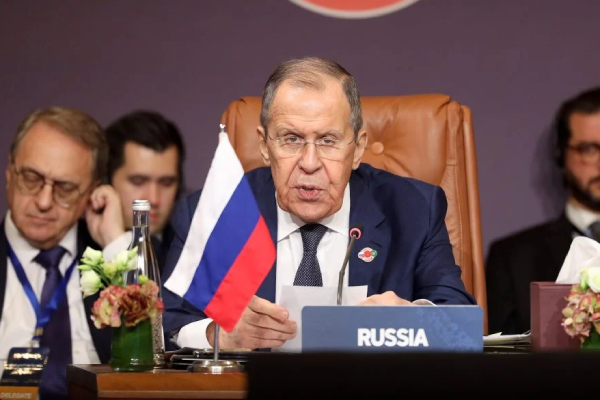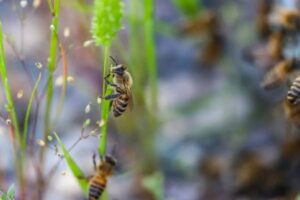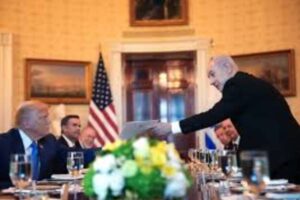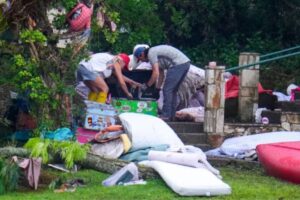Russia is ready to deliver extra grain to Tunisia, Foreign Minister Sergei Lavrov said during a visit to the North African country, which is suffering from drought-related shortages.
Lavrov said at a meeting with Tunisian President Kais Saied in Tunis that Russia’s agricultural yields had been good “for the second or third year in a row” and that Russia was eager to help Tunisia.
“There is interest in increasing deliveries of our grain,” said Lavrov, without specifying the conditions or cost.
“We are ready to do it.” He added.
Over the past four years, Tunisia has been plagued by drought, which dealt a major blow to its last grain season.
Read Also
The North African country relies nearly entirely on cereal imports and is in desperate need of durum wheat, soft wheat, and barley until at least spring 2024.
This summer, Russian President Vladimir Putin declared that Russia would provide food to six African countries for free, including Mali, Burkina Faso, the Central African Republic, Eritrea, Zimbabwe, and Somalia, as part of Moscow’s efforts to strengthen its presence on the continent.
Tunisia lacks funds to finance imports since it is in debt to the tune of about 80% of its GDP and is suffering from lackluster growth.
Lavrov said after meeting with Tunisian Foreign Minister Nabil Ammar that “we agreed to develop our cooperation in all sectors.”
The top Russian diplomat cited “promising areas” for bilateral cooperation such as agriculture, energy, nuclear power and technology.
The Tunisian presidency in a statement underlined “the historic relations which unite its country with Russia.





